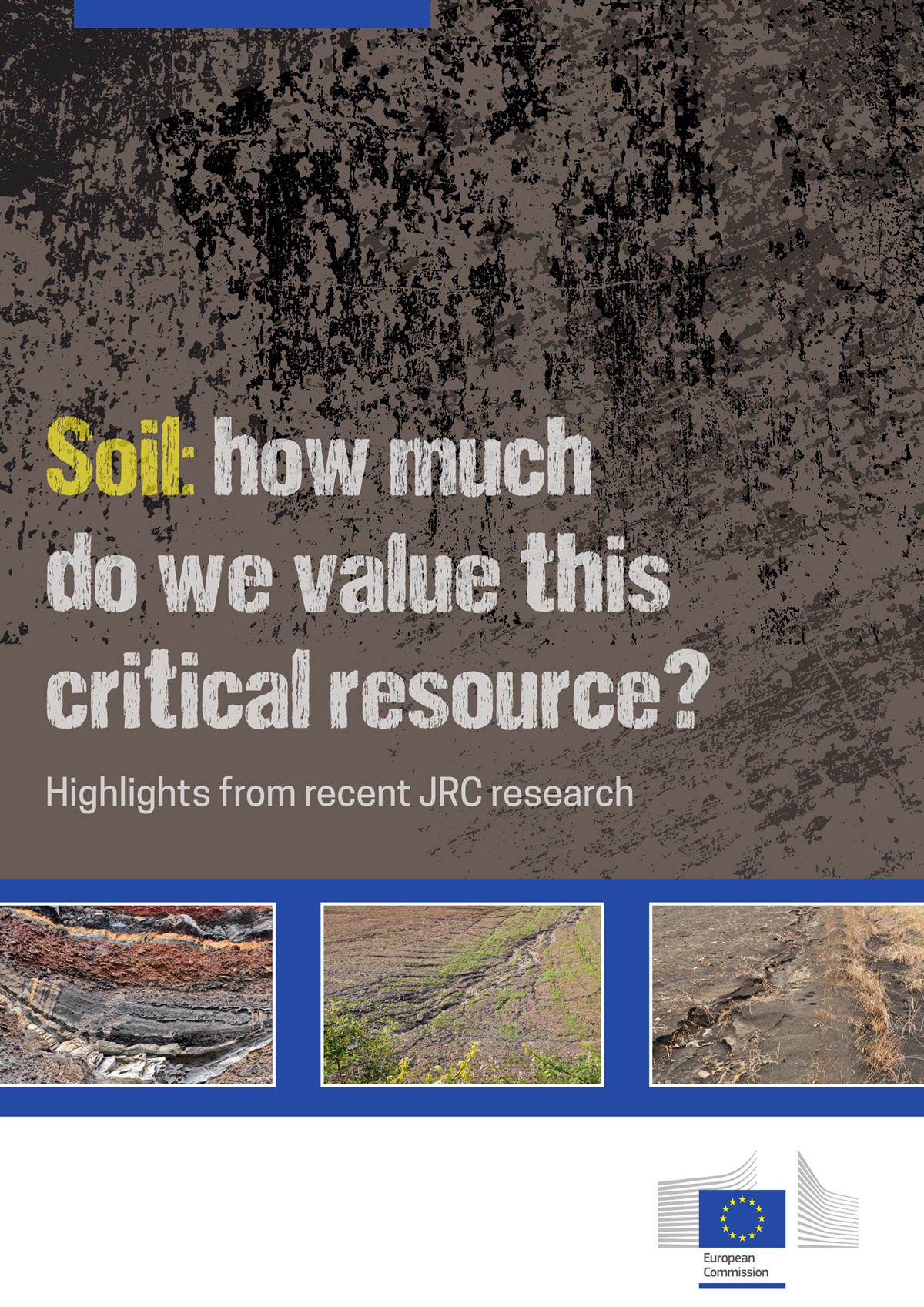Chemycal has been acquired by 3E
Learn MoreChemycal has been acquired by 3E
Learn MoreDiscover how Chemycal PRO helps you boosting your regulatory monitoring:

The European Union’s commitment to soil protection through the its Soil Thematic Strategy (EUSTS – COM (2006) 231, COM (2012) 46) and the 7th Environment Action Programme is one area that is explored, along with the very important point that soil condition underpins many areas such as food security, green growth and bio economies. We also discover that at the Joint Research Centre (JRC), the Natural Capital Soil (NC-SOIL) project creates value-added knowledge on the complex interplay between soil and land management.
Added to this, we learn that soil is an essential resource that supports many societal and environmental needs. For example, we are told about a recent study carried out by a group of researchers from the University of Basel, the European Commission’s JRC and the Centre for Ecology & Hydrology in the UK, which gave the most detailed global assessment ever of soil erosion dynamics to date.
Further insight reveals that soil is increasingly recognised for its role in regulating climate either because of its ability to store organic carbon, that has been taken out of the atmosphere through photosynthesis, or as a source of greenhouse gases.
The analysis goes on to underline that soil is a non-renewable resource that requires constant monitoring to prevent its degradation and promote its sustainable management. One thing we find out is that every three years, the Statistical Office of the European Union (Eurostat) undertakes a regular survey of land use, land cover and changes over time across the European Union (EU). Another is a fascinating new development in 2018 to measure soil biodiversity through DNA metabarcoding to identify, for example, bacteria and archaea and fungi.
Policymakers certainly require easy access to soil data and information of various types and scales to assess the state of soils at the European level. This is precisely where the JRC’s European Soil Data Centre steps in as the primary soil knowledge hub for EU institutions today.
CONTINUE READING ON www.openaccessgovernment.org
2013 © MyChemicalMonitoring. ALL Rights Reserved. About Us | Terms and Conditions